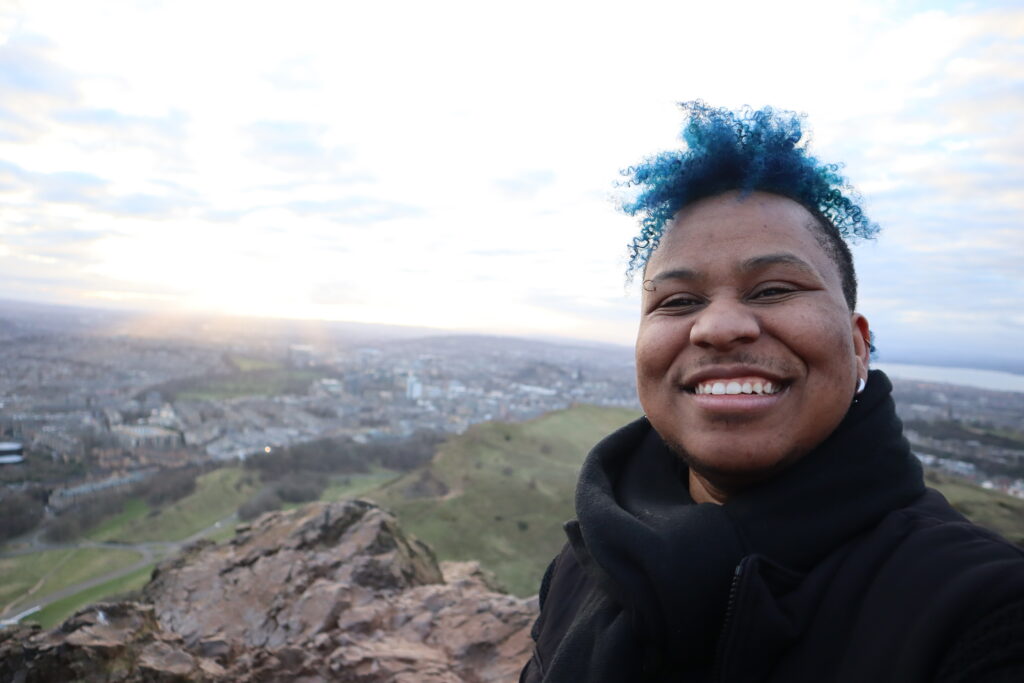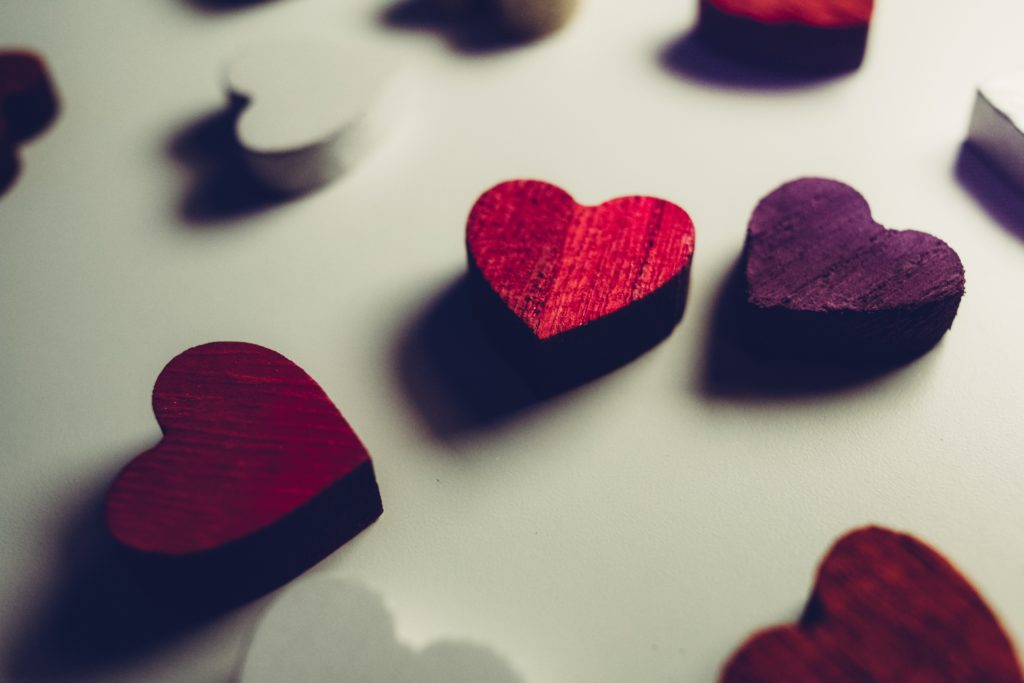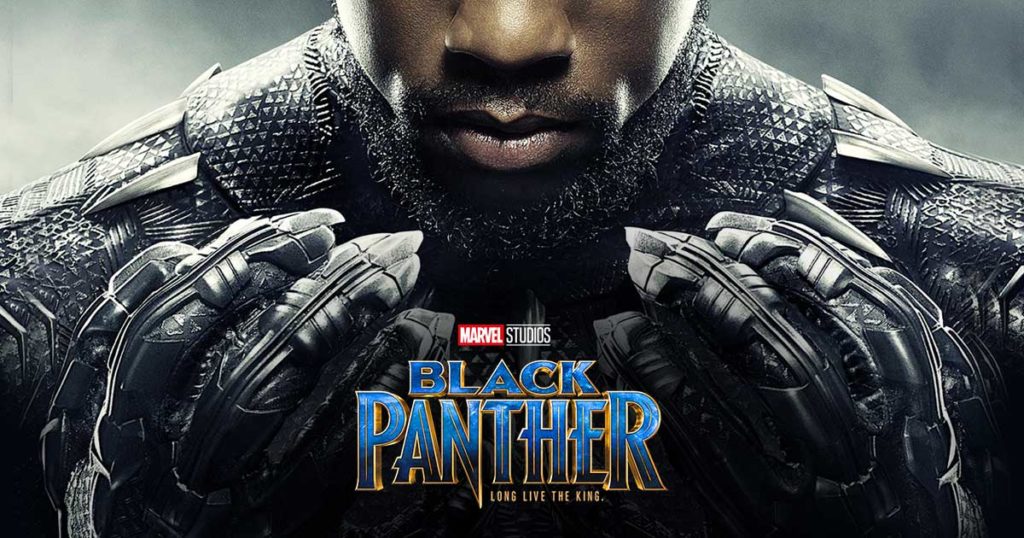The classic body language of Black Americans to other Black people. It’s traditional. In its most basic of sense, nod down for people with additional status or as a respectful gesture, and up for peers and lower status. Formal and informal. The more extreme the more intense the communication. A fleeting moment of connection with strangers most are taught so young it’s automatic.
Either way, the message is clear.
I see you.
A thing I never questioned, until I left the country.
It began as a growing unease, turning into a question of worth, then into roiling rage, to walk the streets and for the first time in my life be unseen. I was walking in Scotland, lost in the city of Edinburgh, enamored by its age and the strange sights. Unlike Sweden, Black people were more common and I found myself wanting to connect with them in my joy. To secretly share a moment of seeing and being seen in this foreign land.
They wouldn’t look at me. Or sometimes they did, but their eyes slid off of me as if I wasn’t there. As if I was unimportant to them. If they found my eyes at all. I passed elders and the ritual went un answered. I felt lost. How was I meant to demonstrate my respect for them if they wouldn’t even look at me?! Confused and offended, I continued on feeling a loneliness I had never really experienced before. It’s one thing to be surrounded by people who don’t look like me and to feel disconnected, and another to be so close and yet feel so far away.
After days of this, I stumbled into a book shop, and the shop keep gave me the connection I was craving. He wasn’t Black but SAW me. I peered at the shelves and found books on Black Americans (way more than I’d see at home) thinking about all the jazz and blues I’d heard floating out of clubs. We talked about books and the strangeness of information I find outside of the US about my people. I stumbled into a different section about British history and immigrants. History that had overlaps but diverged in some important ways.
I left the shop and again… no nods. What am I missing? Why would this be ubiquitous at home and non existent here? Then it dawned on me… the transatlantic slave trade.
It’s a uniquely Black American thing.
A world wide assumption that descendants of the slave trade in the US are more similar to other parts of the diaspora or worse, more like the people of Africa than we actually are. It’s annoying. We say it again and again that the culture has its own features and yet this was my first moment of culture shock from people that look like me. Reeling slightly, it hit me that I was in some ways truly alone for the first time.
It’s not that I didn’t recall this difference but majority of the time at home, people who look like me are of my culture. It’s better to assume they are, than to not unless proven otherwise. Just like it is better to be too formal than not formal enough. An occasion miss of the nod happens, a regular sensation of being ignored, doesn’t.
I mused on the development of this cultural habit and settled on the guess slavery and our subsequent survival in the Us meant that this seeing and acknowledgment was important at home in a way it wasn’t around the world. What was the point of the gesture anyway?
Humanity.
To oversimplify we are a people fighting for our humanity to be recognized and being stripped of the ability to that every step of the way. Even at times when we do make progress, it can be taken. Surrounded by powerful people filled with hostility to ambivalent, controlling our lives without understanding or at times refusing to acknowledge our humanity, someone had to. And it was us. As different as we are, we have this in common.
No matter who you see they are family. They are you. Their success is yours and lifts us all. Their hurts is yours too. To acknowledge each other in a moment of seeing and being seen. After a while the loneliness faded and it was replaced with a certain calm. I wasn’t being acknowledged because the spaces themselves felt significantly less hostile. (at least as an American visitor). With that a strange freedom came about. I still like the nod, but I don’t expect it while abroad as much. I wish the Black people I see silently and go about buying my groceries at the shops, knowing that here, we don’t have the same issues as at home.
now. someone is going to say but, WE also do that. And yes, you likely do. I am both not saying with have an exclusive body language cue, but also not that we are doing it for the same reasons. This video highlights a few of the different nods, and in my traveling I find there are sometimes nods but they mean different things and typically are optional and less nuanced.
Do you signal to others of your background in silent community? Why? Is it optional? I’m curious!


